Injection Molds in China
We are experts in manufacturing parts through injection molds in China (injection mold China), and we offer our extensive knowledge in producing quality Chinese molds with fully modernized factories. Additionally, we provide a service for serial production control, quality inspection, and subsequent processing and legalization of product importation to your company.
Injection Mold Factories in China
Manufacturing all kinds of products in China using different types of injection molds has been a popular option for many years due to low production costs and a fully developed manufacturing industry. There are many injection mold factories in China that offer plastic injection manufacturing services and the production of specific products. However, it is important to note that the quality of manufacturing in China can vary, and it is essential to carefully select your supplier and closely supervise the production process to ensure the quality and finishing of the finished products.
If you are interested in manufacturing in China using injection molds, Bull Importer is an expert in the field with hundreds of projects developed. However, if you decide to search on your own, mold factories are located throughout China, with a special concentration in the Guangdong, Zhejiang, and Jiangsu regions.
Quality in the manufacture of Chinese molds and types of molds
Just like anywhere else in the world, in China, Chinese molds can be manufactured according to the quality standards demanded by your company, as they are experts in manufacturing with over 30 years of experience. Generally, the most significant demand for mold manufacturing and materials used in manufacturing includes various types of steel such as carbon steel, stainless steel, aluminum, and glass fiber reinforced polymers. Injection molds can be obtained with 1 cavity or multiple cavities, three-plate injection molds, double or triple shot molds, overmolding molds, molds for vertical presses, molds for hot, cold, and mixed casting processes, or stack molds, also known as sandwich molds, depending on the type of part to be manufactured.
The most commonly injected materials in injection molds include polyethylene, polypropylene, polycarbonate, fiberglass-reinforced polycarbonate, and ABS, among others. These materials are selected based on the desired properties of the final piece, such as strength, transparency, rigidity, corrosion resistance, and other factors.
Companies in China for plastic injection molding
Manufacturing injection molds in China and producing parts through injection can be achieved most efficiently through a plastic injection molding company in China with experience in sourcing the best cost-quality-durability ratio of the mold, as well as overseeing the entire production process with quality inspection and shipment to your company. Industries that most demand this type of manufacturers include automotive, aerospace, industrial and agricultural machinery, dental, healthcare, consumer goods, leisure products, electronics, and home appliances, among others, which use parts obtained through these techniques in their assembly and production processes.
At Bull Importer, we have over 25 years of experience as a plastic injection molding company in China, having carried out both mold manufacturing and subsequent production in other countries such as India, Vietnam, Korea, Turkey, and Hong Kong, where we have our own offices and deployed representatives.
However, mold manufacturing and production are not the only tasks that require expertise. We also need to ensure the proper certification of the product through CE marking, which involves the intervention of external organizations and laboratories to introduce the product without any customs issues.
At Bull Importer, we handle the entire product documentation process, working with experienced and cost-effective laboratories to ensure the project’s success from start to finish. We manage the entire manufacturing process, from the initial idea translated into a blueprint to the final delivery of the product to your facility.
Security, comfort, and advantages of hiring the services of an expert company
Having a purchasing department in China, India, and other countries, subcontracted just once, means not only safeguarding your own interests but also knowing that you are buying at the best guaranteed price, avoiding traders, false intermediaries, and pushy salespeople who try to sell at any price without being clear about the conditions that later bring price increases not contemplated.
In the case that you want to manufacture your prototypes to measure, it is necessary to provide the following for a thorough detailed study of your case:
- Blueprints of what is intended to be produced in the most used formats such as 3D, AutoCAD, TTEP, IGES, XT.
- The materials to be used in production and injection: Polyethylene, ABS, nylon, polycarbonate, silicone, etc…
At Bull Importer, you will receive personalized and up-to-date studies from legally constituted and licensed manufacturers, with completely reviewed and validated certificates, studies of always current regulations, customized factory and order inspections, personalized packaging following your instructions, communication with the manufacturer in your language, and international legal clearance, among many other services. Services that are amortized from the first importation and can mean significant cost reductions on your established volume of purchases, with continuity completely guaranteed.
Other types of technologies demanded for manufacturing prototypes and products

Vacuum casting
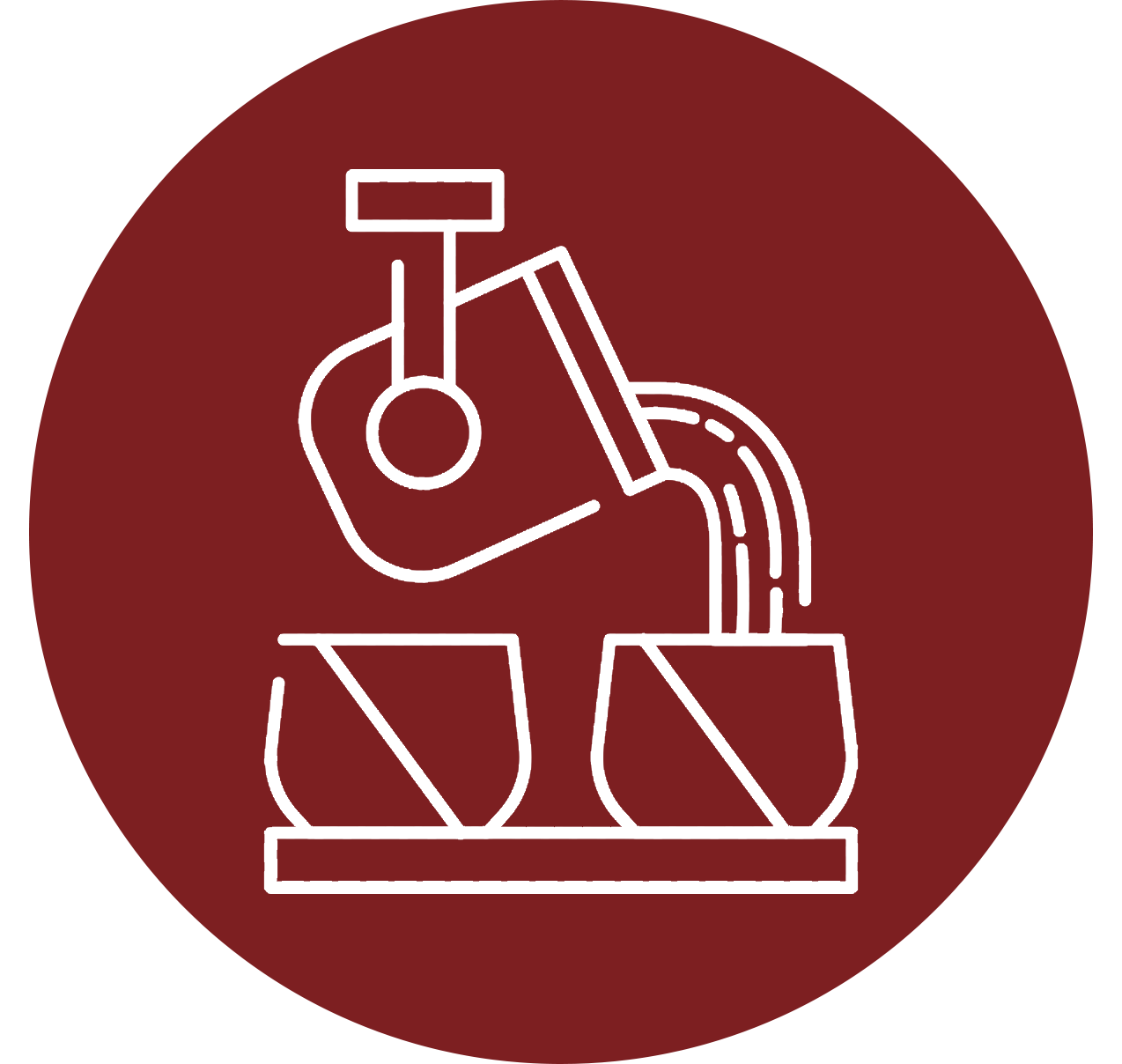
Shell molding
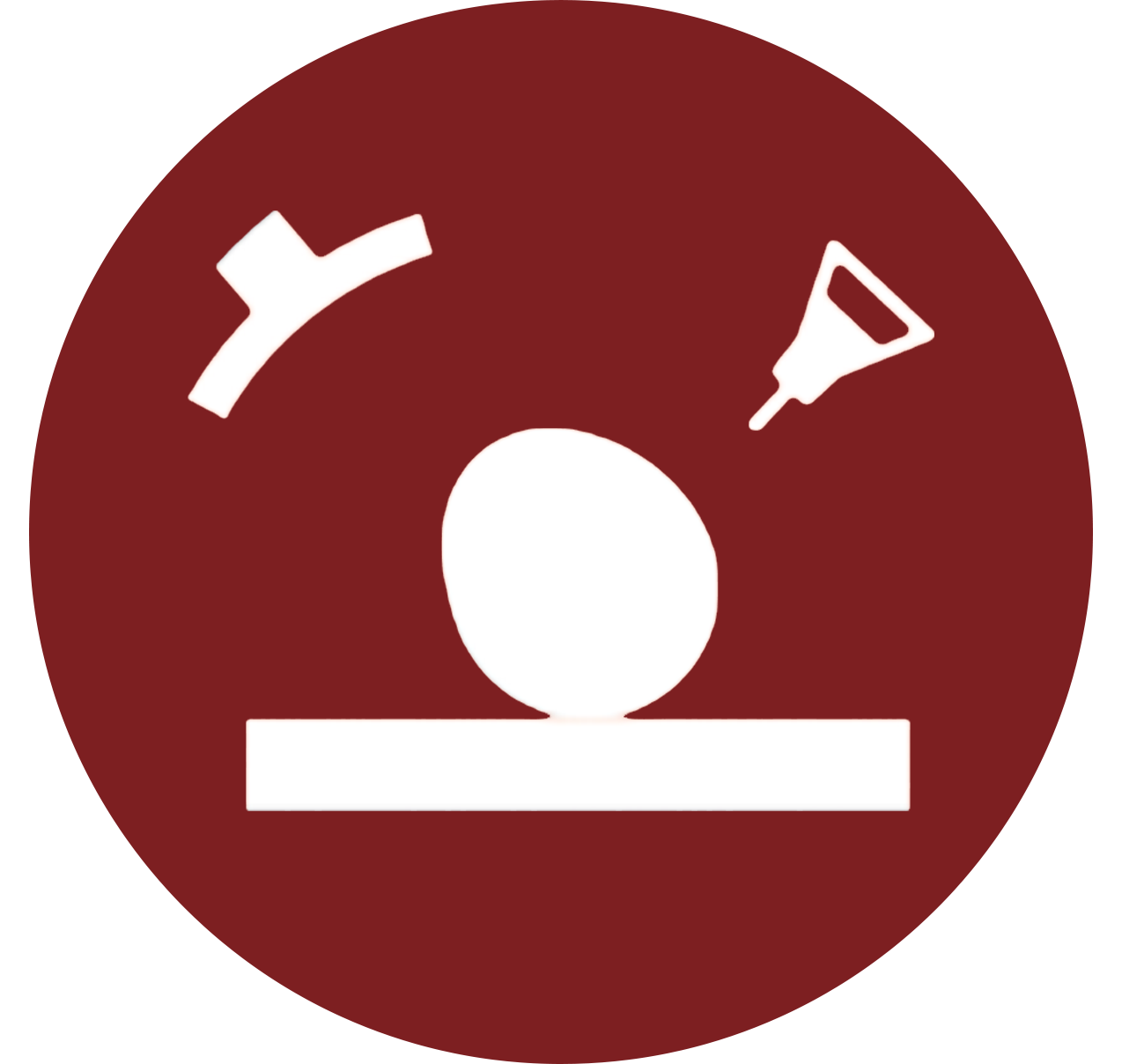
Additive and 3D
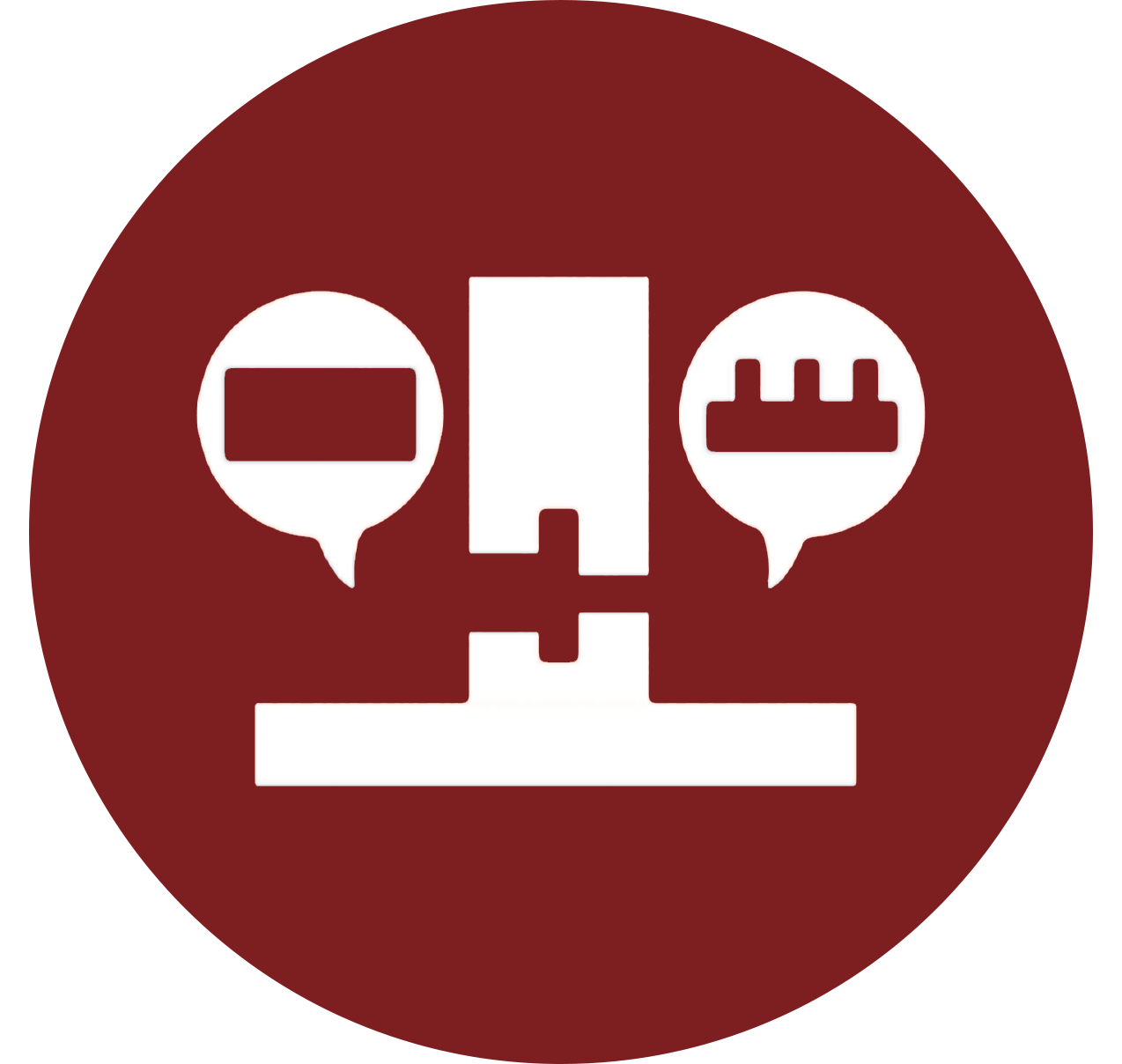
Extrusion
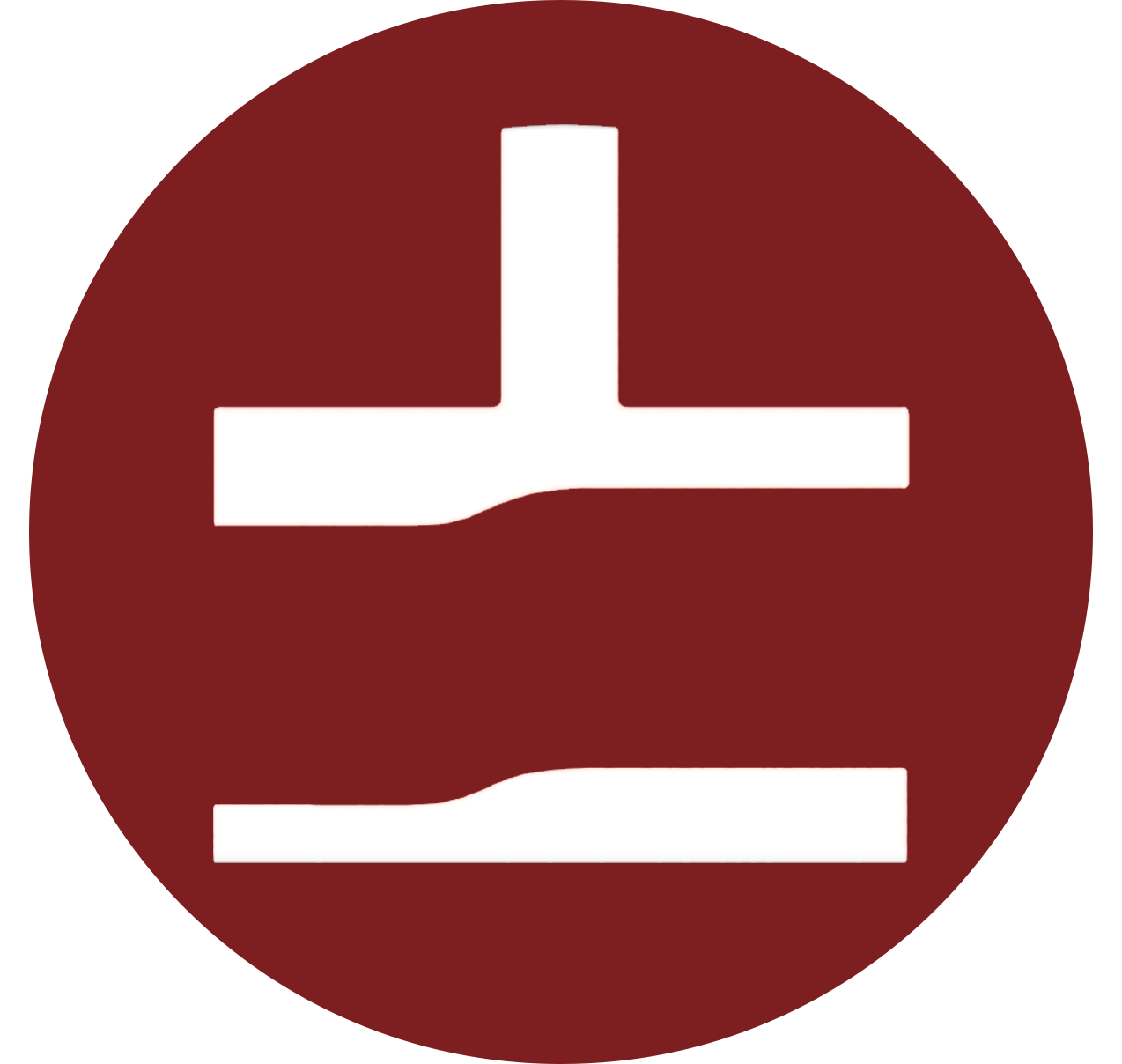
Stamping
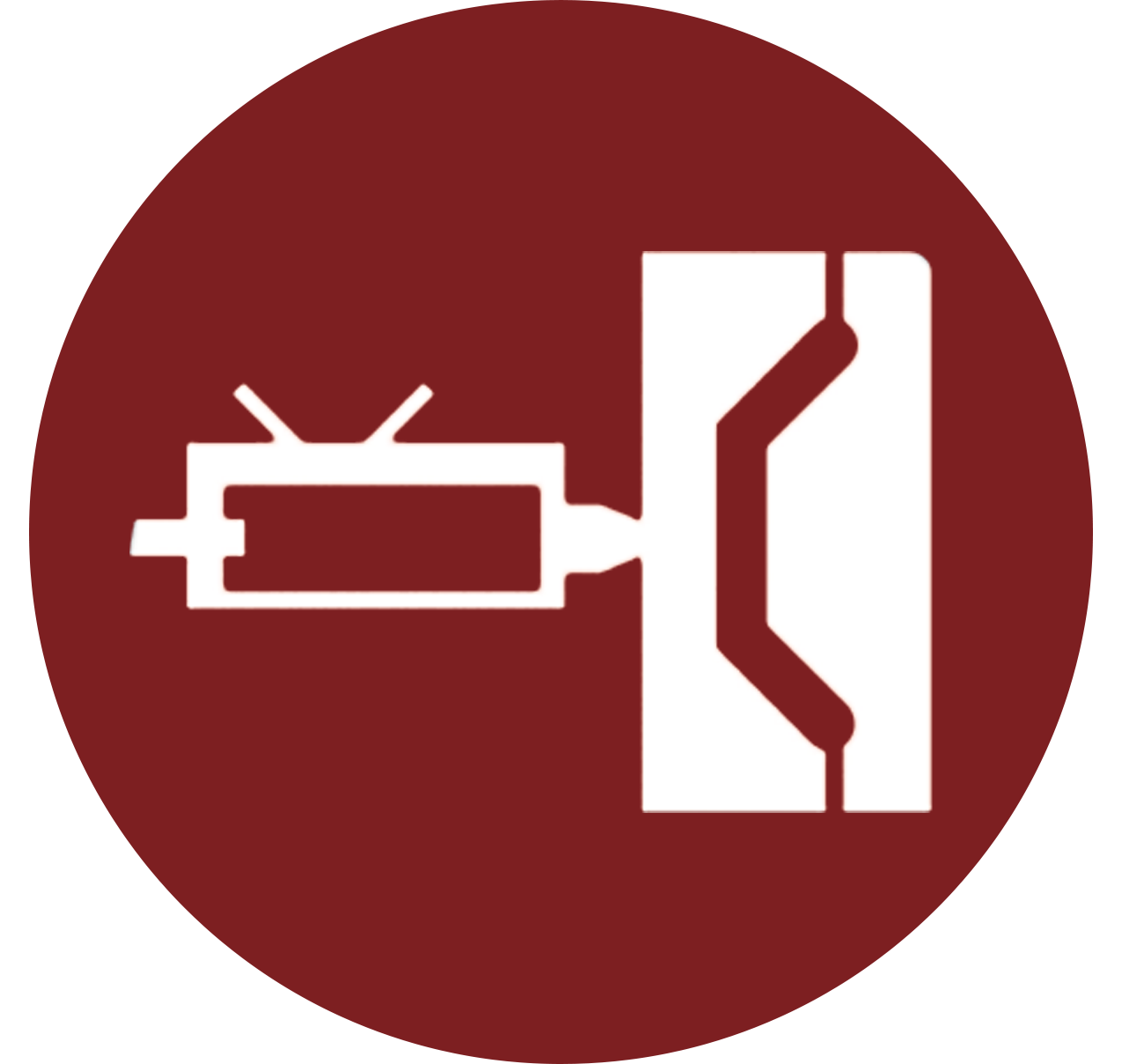
Injection

Casting
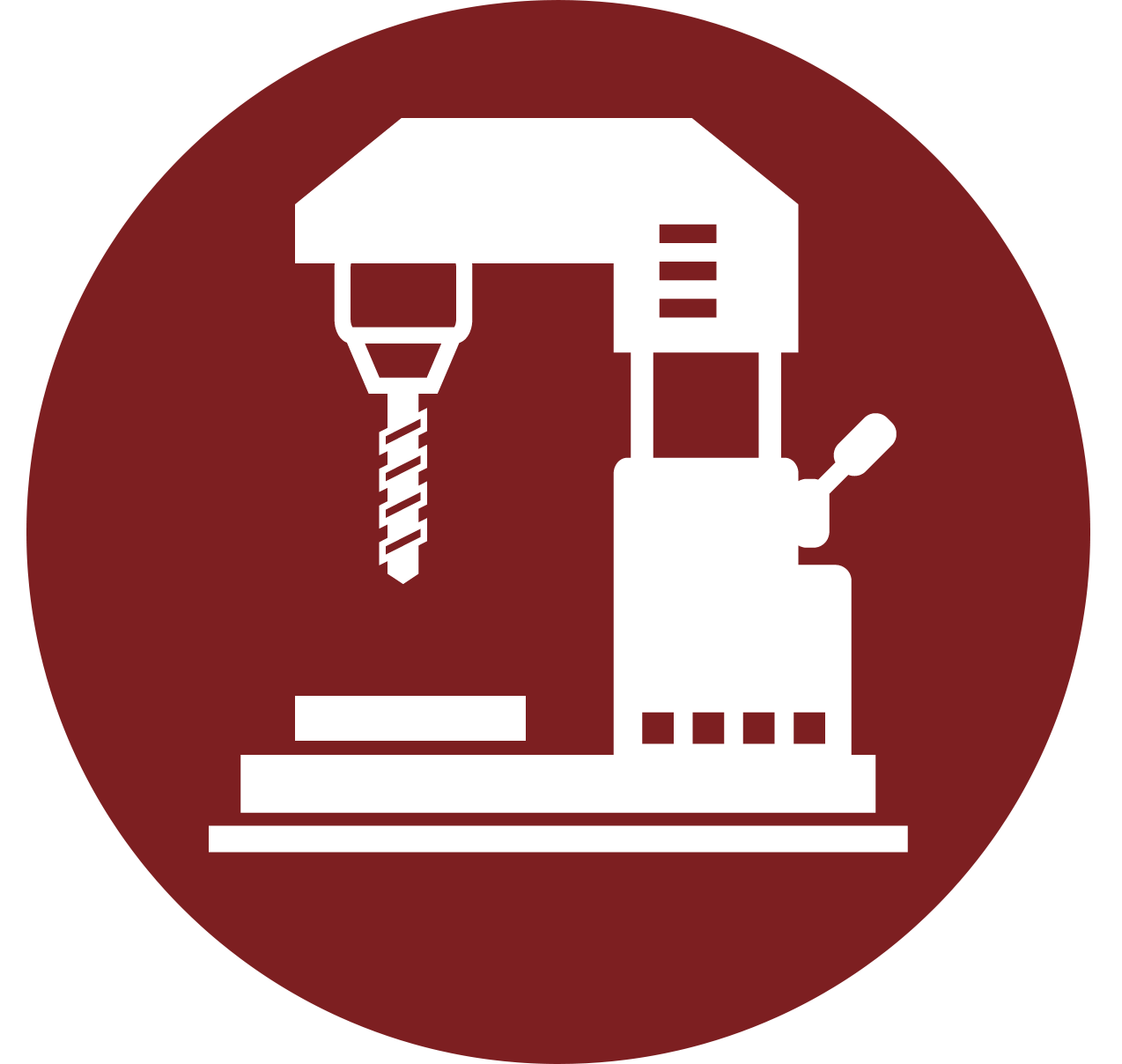
Milling and turning
We have been hired to manufacture products in different industries, among others the following:
Aluminum, iron, brass, stainless steel custom parts, and special pieces for various sectors and applications, including valves, pumps, pipe fittings, fire hydrants, engine covers, special hinges (concealed, cup, angled, safety, for glass and tempered glass, pivoting), locks, automotive accessories, bars, rails, mailboxes, safes, supports, and components, tools, knobs, handles, lifting and retaining systems, fastening and packaging systems, opening systems, hardware for tables, furniture, sofas, bathroom and shower screens, glass, rails, slides, joints, hangers, sinks, screws, nuts, bolts, pistons, linear actuators, screwdrivers, keys, various tools, machine parts, cars, motorcycles, and industrial and consumer machinery, various decorative and household items, different parts and components for subsequent assembly, eyeglass frames, chairs and tables made with different types of polymers, as well as furniture parts, special structures, street lamps, lamp posts, phone parts, automobile parts, computer and laptop parts, toys, appliance parts, electronic and lighting accessories, hooks, housings, pallets, trays, cans, medical parts, plastic kayaks and boats, garbage bins, slides, attractions, barriers, buoys, pallets, bases for umbrellas, drums, bottles, mannequins, dolls, medical products, packaging, cosmetic containers, jars, dispensers, fittings, nuts, bolts, spigots, bathroom accessories, toilet lids, plugs, siphons, grips, shower columns, and showerheads, etc. Depending on the process and product, certain pieces or components have been manufactured using plastic or metal injection molding, blow molding, rotational molding, die casting, gravity casting, shell molding, CNC machining, milling and turning, extrusion, or forging, among others, depending on the materials required for the job.
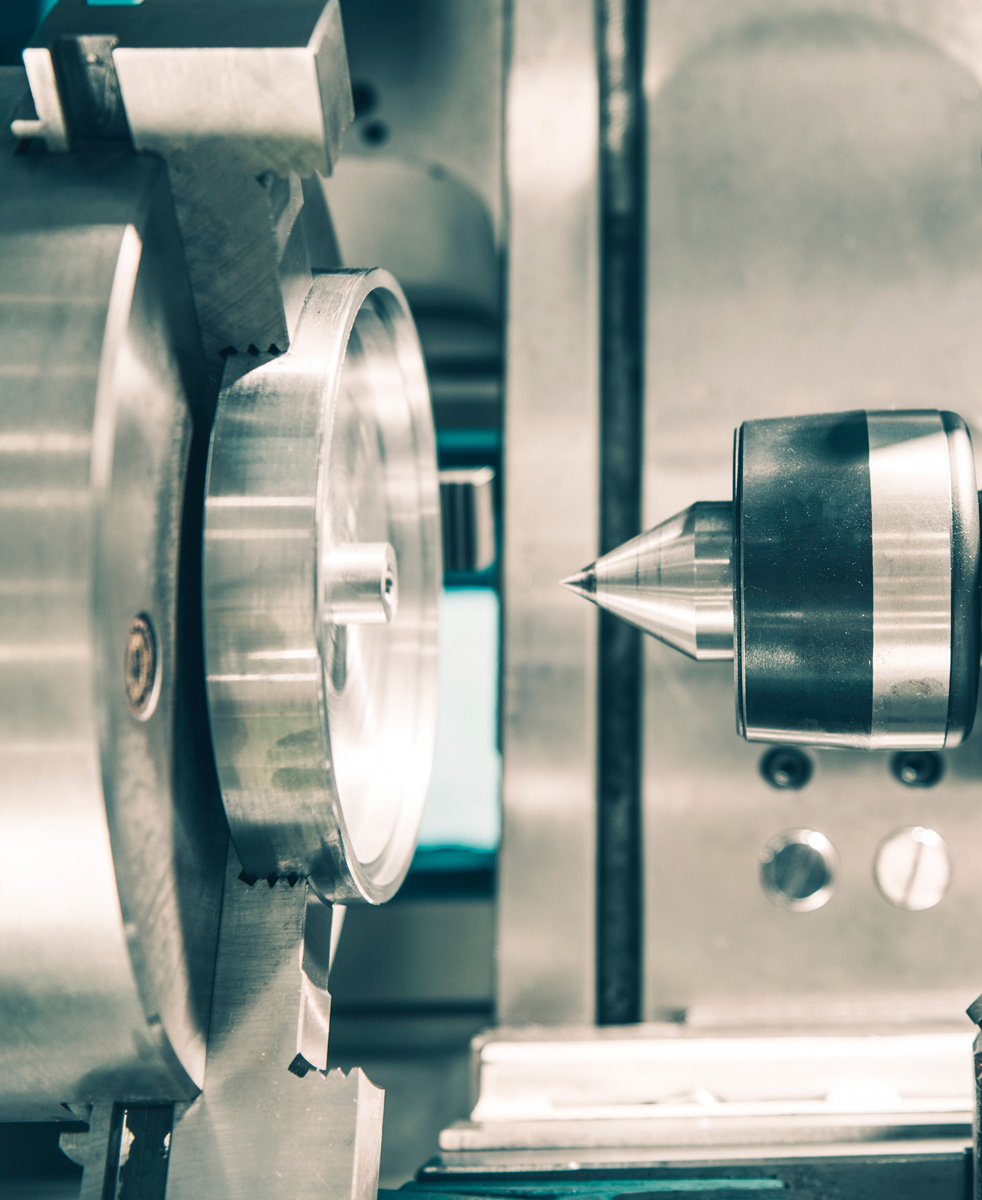
We select the best factories in China, India, and other countries for your project, according to the technique used.
ADDITIVE AND 3D MANUFACTURING FACTORIES
Without a doubt, it’s the technology of the future as it allows for the creation of all kinds of parts in various materials that are currently being developed. Although the most commonly used materials for additive manufacturing are metal powders such as aluminum alloys, titanium, chromium cobalt, nickel, stainless steels, and copper alloys, for 3D printing, we talk about plastics such as PA12, PA12 GF, PA12 HST reinforced with fiberglass, carbonamide PA, PA11, and PA11 CF reinforced with carbon fiber, and aluminum fiber, among others. Additionally, for stereolithography SLA, we use liquid resin materials such as ABS, castable resins, transparent resins, and high-temperature resistant resins for various rapid prototyping and industrial-grade production needs.
MANUFACTURERS OF SILICONE MOLD INJECTION.
Also known as vacuum casting, this process allows for the production of parts or products using various types of slightly flexible and rigid polyurethane resins, which can be transparent, translucent, or colored, as well as silicone parts. POM molds and machined parts made of materials such as ABS, PMMA, PC, among others, are used in this process.
FOUNTRIES FOR SHELL MOLDING.
It is used in the production of gravity-fed parts using durable metal molds resistant to high temperatures, employing materials such as aluminum, steel, bronze, and refractory alloys. The molds are typically made of steel, ensuring high durability.
CNC MACHINING FACTORIES
Parts with precision through CNC machines using milling, turning, electroerosion, drilling, and tapping techniques. The most commonly used materials are various types of plastic machining, steel, brass, magnesium, bronze, aluminum, stainless steel, titanium, and zamak.
FOUNDRY FACTORIES
Through the technique of die casting, the injected material is subjected to high pressures, with pressure casting using processes in hot and cold chambers (vacuum casting, pressed, under pressure). The most commonly used materials are different grades of aluminum, zamak, or magnesium, among others.
INJECTION MOLD MANUFACTURERS
Injection molds are precise when aiming to mass-produce plastic parts through molds typically made of hardened steels, pre-hardened steels, aluminum, and/or beryllium-copper alloys depending on the desired strength, durability, and cost-effectiveness. These molds can inject rigid plastics, as well as flexible ones like SEBS, TPU, TPE, EPDM, silicones, and other materials. Compression materials include nitrile-NBR, EPDM, or silicone, among others.
Do you have any doubts?
Contact us.


